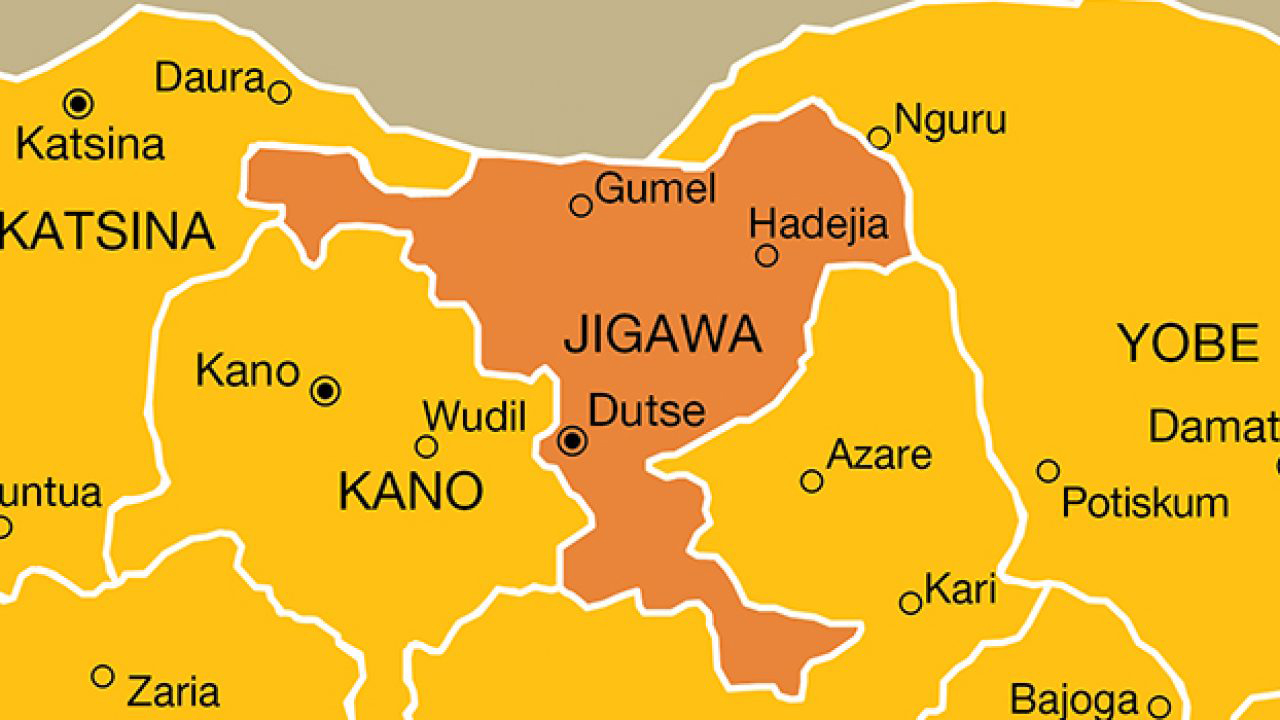The Premium Breadmakers Association of Nigeria (PBAN) has raised fresh concerns over the worsening state of the nation’s food supply chain, saying that more than 40 per cent of bakeries across the country have shut down between the post-COVID-19 period and 2025.
PBAN attributed this to the crippling insecurity, harsh operating conditions and increasing production costs. Speaking on the sidelines of PBAN 2025 Day-Out Exhibition & Master Class with the theme: ‘The Business of Baking: Pathways to Profit, Productivity, And Growth,’ held in Lagos, President of PBAN, Emmanuel Onuorah, warned that the sustained closure of bakeries posed a direct threat to national food security, as bread remained one of Nigeria’s most widely consumed staples.
Onuorah disclosed that the number of bakeries under PBAN had plunged from over 100,000 post-Covid-19 pandemic to less than 60,000 at present.
He ascribed this to the country’s increasingly hostile business environment, fearing that more might still close shop, if the current unpleasant policies were not amended.
He said: “We have lost more than 40 per cent of our bakeries in just four years. Many operators simply cannot survive the insecurity, the high cost of production and the absence of basic support systems.”
On growing insecurity, Onuorah lamented that this was plaguing major agricultural regions, especially the North, stressing that it had continued to frustrate Nigeria’s long-discussed wheat backward integration plans.
According to him, Nigeria consumes about 5.1 million metric tonnes of wheat annually, the country produces only 300,000 metric tonnes, a gap worsened by widespread attacks on farmers especially in the Northern parts of the country.
The PBAN President noted that insecurity also affected distribution networks, with bakers frequently losing goods and vehicles due to attacks and deteriorating road networks.
He further expressed worries that without urgent government action to restore agricultural security, Nigeria would continue to rely almost entirely on wheat imports, exposing bread makers to volatile global prices and foreign exchange challenges.
“The government must protect Nigerians because Nigerians across divides are dying in droves. If you are going across the roads today, for us that we take our bread far, the roads are in deplorable conditions. Sometimes you go, your truck will fall on the way, you lost all your goods.
“If you don’t have Goods In Transit (GIT) insurance, you are done for. Insecurity is rife; the farmers cannot go to farm. Then how can you even do the backward integration? We must get security rights. If you fix security, you fix everything,” he said.
The PBAN boss also mentioned double digits interest rates, high costs of energy, unstable power supply and multiple taxation as some of the challenges still confronting the bakers in the country.
Onuorah, however, commended President Bola Tinubu for lifting the 15 per cent wheat import duty and removing the Value Added Tax (VAT) on wheat and grains, a move he said stabilised bread prices after two unstable years.
Also commenting, Chairman Planning Committee, Mrs. Adijatu Olopade, said that the third edition of the exhibition was geared towards increased productivity for its members.
Olopade expressed that the dwindling economy was having an adverse effect on its members, hoping that the event would contribute to the rejuvenation of their businesses.
“The whole essence is that we wanted our members and even people that are not our members to come and be trained. It is necessary for them to know how to turn their business into a profit-making venture. So basically, that’s where we are,” she added.






